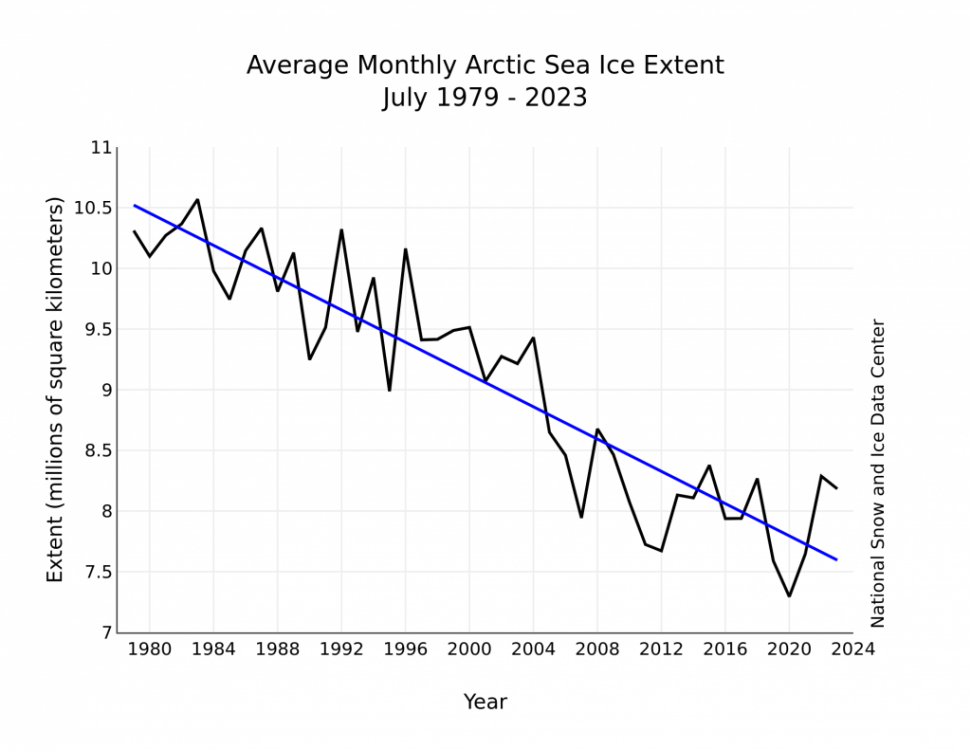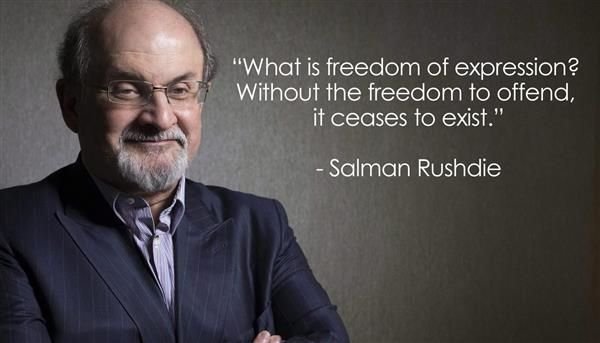Leaderboard
Popular Content
Showing content with the highest reputation on 08/09/23 in all areas
-
My calculations were a bit different, but the last line and the answer are the same. +1 Here is my reply to the friend who sent it to me:1 point
-
Access to birth control would be big. Not misrepresenting what birth control is (e.g. calling it an abortifacient when it’s not) would be a good social change. This seems pretty obvious, but is opposed by some so-called pro-life proponents. Which suggests the ones opposed to contraception have an agenda beyond abortion.1 point
-
1 point
-
Probably me as have so little familiarity with philosophy as a discipline. Still it may be interesting to follow the discussion on the sidelines1 point
-
I understand this. My issue is that our existence seems to me less interesting and intellectually engaging than existence of physical and mathematical entities. This is why I keep going OT here. On this note, I'd rather quit. P.S. My coffee was really good this morning. But I guess I am a couple hours ahead of you anyway.1 point
-
What is the exact wavelength of the colour yellow? Answer: It's a range between 570-585nm, but there is no clearly delineated line in to orange. In case it's gone over your head, things get fuzzy and merged the more details/resolution we pursue.1 point
-
Don't be a jerk. That is not what I said at all. What is irritating and unacceptable is for you to ask a raft of questions that are stupid , AND then insist that "we" investigate them, as if they are in some way profound or unanswered as yet. The questions you have started asking, in profusion, halfway through this thread, suggest a complete lack of understanding of physics, totally inconsistent with the level at which you started the thread. You are screwing around with us.1 point
-
Good. Followed by - Rather than convinced scientists? Not so good; it implies unprofessional bias rather than says it but that suggestion is in there. Which predictions? Sure, people have said many things over the years - considering worst possible scenarios from information available at the time as well as the most likely is common practice for addressing risk on one hand, with falsely interpreting the positive swings of sea ice variability as "recovery" on the other. The latter has been shown incorrect by subsequent ice decline. I don't think a decade or two either way reduces the global climatic significance of an Arctic with ice free summers. I don't see how you can legitimately interpret this as showing a serious and rapid decline isn't happening or is not serious -1 point
-
Now you are throwing out even more nonsensical questions. If you read any article on the Big Bang theory it will explain that the early universe was denser, i.e. more matter in a more confined space, than today. So what's all this about whether it can hold the same number of atoms? You don't need "energy" to "cross space". Space does not inhibit particles from passing through it. You are suddenly writing as though you have no grasp of any physics at all. It's absurd of you to reel off a list of dumb questions and airily state that we should "investigate all this". Ballocks! All we should do is get you to sit down and learn some damned physics.1 point
-
It would take the sulfate aerosols in combination with an absence of CO2 emissions to do so. My understanding is that aerosols from fossil fuels are short lived - a lot less residence time than from volcanic eruptions that send it into the stratosphere - and their cooling effect depends on the ongoing rate of emissions of them and diminishes within days to weeks of cessation. CO2 is long lived and the warming effect depends on the accumulating total, with it diminishing only slowly after emissions cease - centuries to millennia to find a new equilibrium. Or look at it the other way around - start a whole lot of fossil fuel burning and the near term effect is global cooling, which reaches its maximum within days to weeks and stays there as long as the aerosol source continues. The enhanced greenhouse effect starts at zero and gradually increases over time. At some point the cooling will be equaled by the warming and will be exceeded by it after that. Cease the fossil fuel burning and there is a fast temperature rise equal to the prior cooling effect - back to no cooling - in addition to the full strength enhanced greenhouse effect that persists.1 point
-
1 point
-
A whole lot of data is as yet unavailable. Comparisons are made even more difficult by the fact that it cannot be determined with any certainty how great a part each factor - road conditions, vehicle capability, other vehicles, pedestrians, alcohol, speed, available options and unavoidable obstacles - played in the outcome. I agree that the technology is not quite there yet, and part of what needs to change from now to when the world is ready for a fully automated transportation system is the configuration of roads and traffic markers, which were originally made for human drivers. Changes had to me made quite rapidly when the automobile took over more and more of the road from horse-powered vehicles (That, too, was a dangerous time on busy thoroughfares.) but the adaptations were made as the gas-powered car took over. So, too, will this transformation take place, growing pains and all.1 point
-
Because of the stretching while it was en route, presumably. Hi Joigus, long time no see! But if we stick to the idea that we are point A and the galaxy we see 13.5 billion years away is point B and the light coming from this point B travelled for 13.5 billion years only to travel 2.8 billion light years, how can you explain that if not combing both movements, the movement of photons and the movement of expansion? Why do we need to separate both movements when the photon travelling remains the same under influence of both movements? I also think that we still need a better definition of space. If space expands, shouldnt its characteristics change with time? Can a certain amount of space at the beginning of the universe contain the same amount of atoms than space billions of year later, or is there a difference? Will space always allow for the same movements of particles passing through it or will particles need more/less energy to cross this space in the future? Will the speed of light through this expanding space always remain the same? Will the effect of gravity through this space always remain the same? Will time allways pass by the same in this space? I think we should still investigate all this. On the other hand, I wanted somebody to tell me if the light coming from a galaxy far away would not need much more time to travel through the first lightyear of space (effective distance) then to travel through the last lightyear (effective distance) before reaching us, because the effect of expansion on these photons is much higher at the beginning of their journey, because the distance to point A is much longer and therefore there is more expansion of the space in between. Of course this is if we are allowed to combine the movement of photons with the movement of expansion in a common space. I also still do not understand why the image of the light coming from this galaxy far away would not be more similar to a galaxy at a distance of 2.8 billion light years or even closer, because this light never was 13.5 billion light years away from us. But I think Genady already said that the galaxy looks much bigger than it should be. What does that mean? We just make the same space bigger?-1 points
-
Also, this is not compatible with a universe where the acceleration depends on the distance away from us. If galaxies 13.5 billion light years away move away from us almost at the speed of light and galaxies next to us almost do not move away from us in the same time frame, this is not possible. Do you mean that space cannot be measured?-1 points
-
Freedom of speech is absolutely essential. Everywhere. Even at "private" forums who obviously found a loophole around the cornerstone of the most fundamental and important human right of all. FREEDOM OF SPEECH!. But don't take my word for it. Consider what these people of note had to say on the matter.-1 points
-
you can pose it any arbitrary inquiry or to make any situation you can envision. Superman in Bambi, Pinocchio in Frantic Max, a Roman Officer watching the Crucifiction, Skynet supplanting JFK, and so forth. It can likewise to some degree in all actuality do programming and article composing. It predominantly works by means of word likelihood, however can likewise run scaled down reproductions and concoct new words.-2 points
-
Yes, I understand what you mean. But instead of increasing the distance between the galaxies, we can also say that all the galaxies are just shrinking and the result would be the same. This would mean that all atoms and even photons are shrinking. If space cannot be defined as an identity or size, there is no real reference for us to compare our sizes with, so the measuring tape we are using to measure objects on earth would also be shrinking and therefore we would not even realize that we are indeed shrinking. Maybe the size of the universe is always the same and it just began with a lot of huge galaxies with enormous atoms that have been shrinking since the beginning. This would be the "shrinkverse" lol. If we could observe the universe from outside (with other benchmarks) and it would not change its size, then the "shrinkverse" would definitely be a reality. It is also strange that there is absolutely no expansion within galaxies because of the effect of gravity holding the galaxies together. It seems artificial that there should be absolute borders between regions with expansion and regions without. Will gravity (a weak force) really be strong enough to hold all kind of objects together, even some highly scattered huge nebulae? On the other hand it is also quite strange that the expansion of the universe is completely homogeneous. Why would that be the case? It seems completely unnatural, because it would be the only force or effect in the universe that is absolutely homogeneous. I think there are two ways to absolutely confirm that the universe is expanding. 1. If we can really confirm that galaxies are getting smaller because they are moving away from us. In order to do this, we would need to observe the same galaxy for millions of years. 2. If, from the 200 billion galaxies we found so far, there is at least one of them becoming invisible because it is crossing the visible horizon so we can no longer see it. That would also be a perfect proof that galaxies are moving away. Until we get this confirmation, we will just keep holding on to red shift as the only "proof" of expansion, but considering that gravity can also be the cause of red shift, I think that this "proof" alone is insufficient. But this is only my opinion. The only thing we would need to find is a mechanism of why light coming from the furthest galaxies has to leave a bigger gravitational well than light coming from closer galaxies and suddenly the universe never expanded. Therefore, I wish we would have one of the methods mentioned above to actually confirm the expansion.-4 points
-
So I started the thread at a higher level. Interesting. I think science is not about me or how smart I am. I think it is about finding answers to questions. But if you think that space does not need a good definition or that we already know everything about space, ok, whatever. Then explain to me how this space expands and why. And I must say that the article swansont posted here is quite interesting. Thank you.-4 points





























